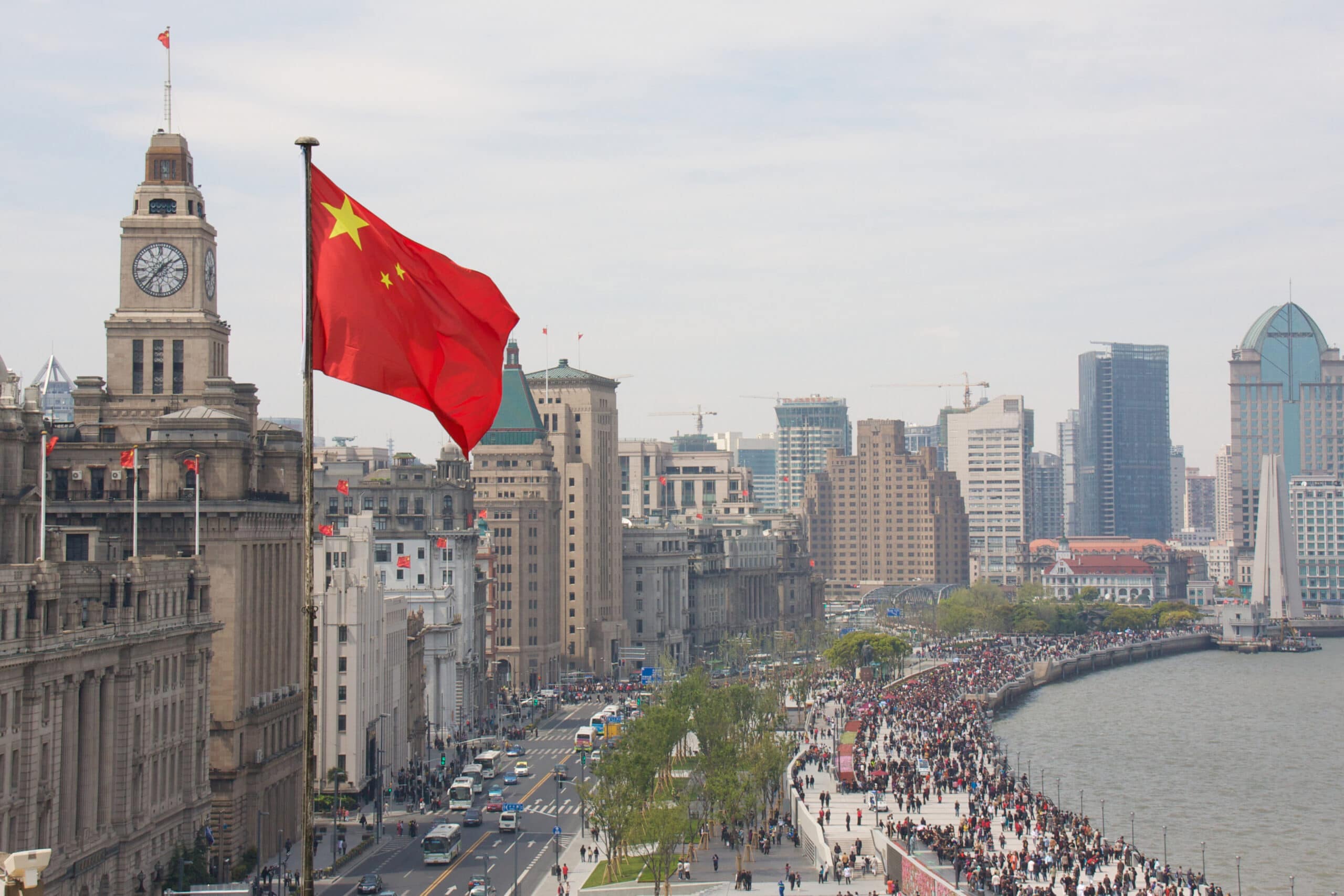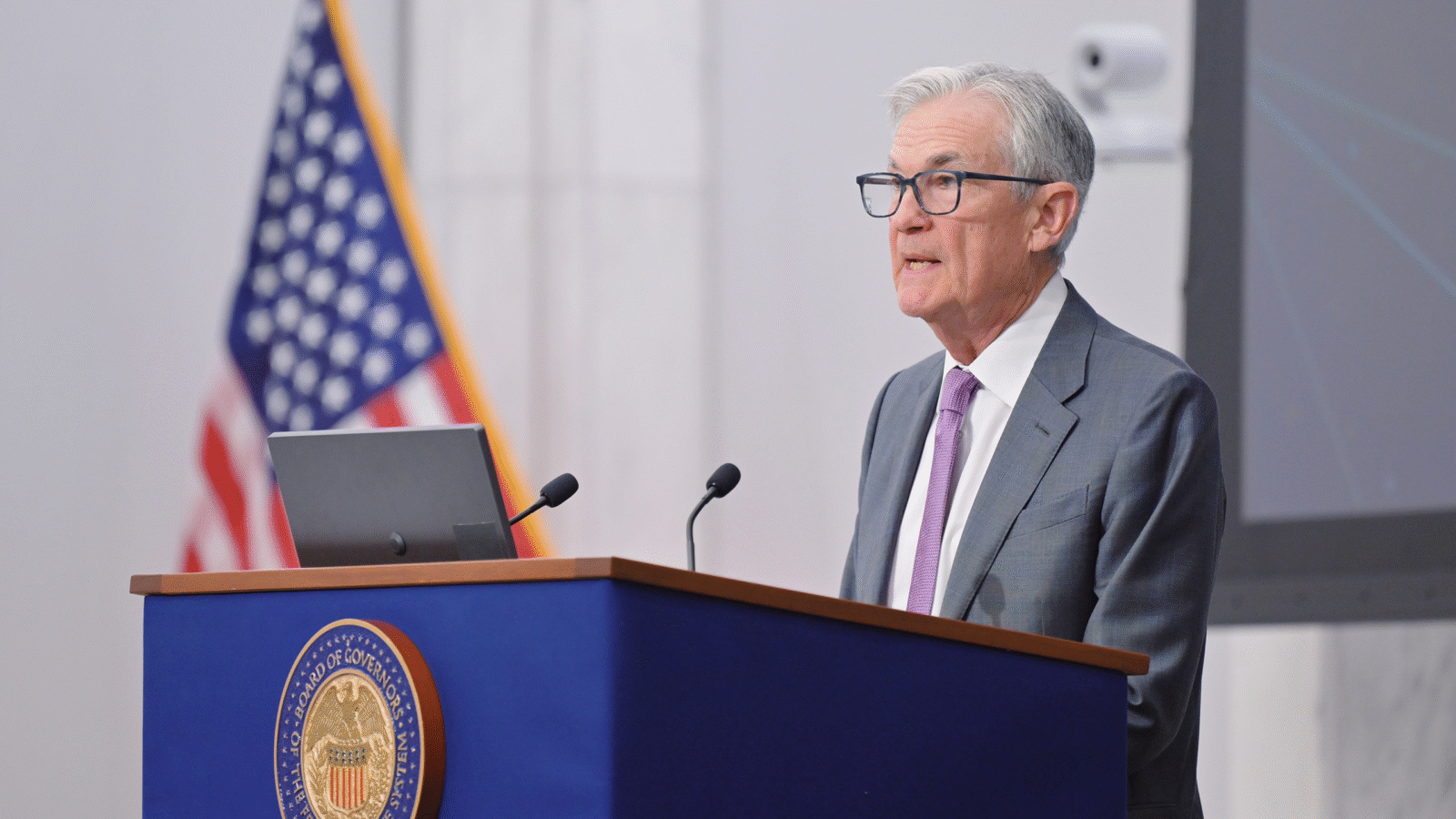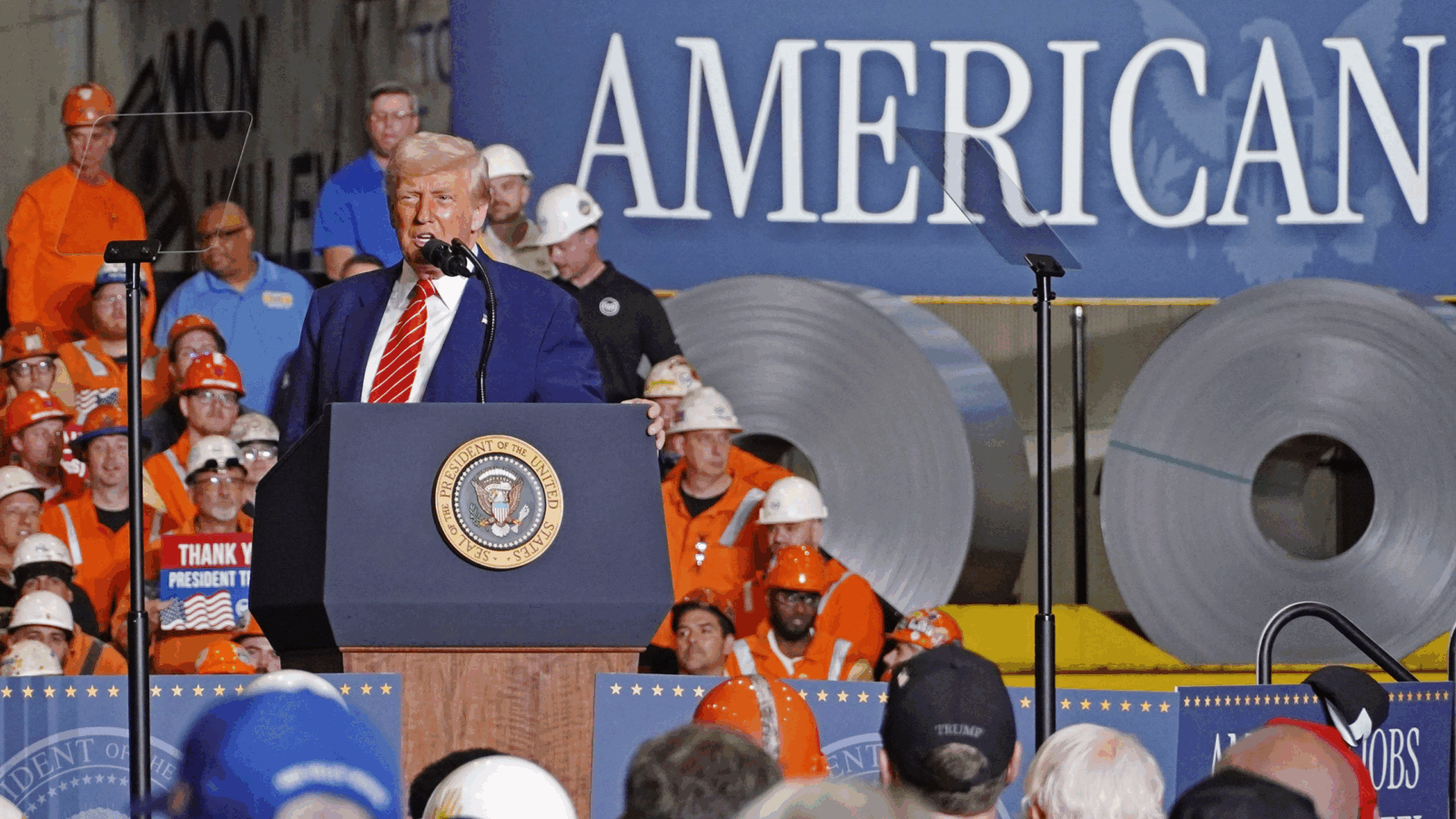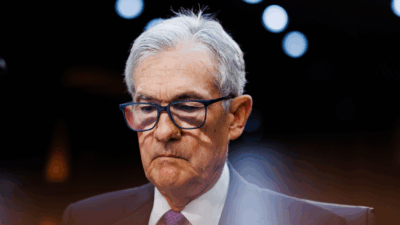
Sign up for smart news, insights, and analysis on the biggest financial stories of the day.
The past two years of the pandemic granted millions of financial professionals the opportunity to work from home. The latest outbreak in Shanghai has turned that idea on its head: Some bankers and hedge fund workers are living at work.
China’s most populous city, a major global financial center with a $660 billion economy, reported a record 17,000 Covid-19 cases Wednesday. The grim milestone is testing the country’s commitment to ironclad public health restrictions and, with it, the global economic recovery. Some brave workers have set up camp to keep markets open.
All the Time Overtime
Escalating case numbers led officials in Shanghai to implement a widespread, indefinite quarantine this week after staggered lockdowns failed to lance the bubble. “The situation is extremely grim,” the director of Shanghai’s epidemic response, Gu Honghui, told local state media.
Employees at the Industrial and Commercial Bank of China, Orient Securities, one HSBC affiliate, the Shanghai Stock Exchange, and the Shanghai Futures Exchange, among others, have set up tents and cots next to their cubicles, living at work to keep markets running. The valiant effort may blunt the fallout, but China’s economic growth already appears in trouble:
- Last month, activity in China’s services sector shrunk the fastest in two years amid new mobility restrictions. The Caixin Purchasing Managers’ Index fell to 42.0 in March from 50.2 in February (anything below 50 represents contraction).
- On Wednesday, Asian stock markets were a collage of downward-pointing arrows. Japan’s Nikkei fell 1.5%, and China’s Hang Seng dropped more than 2%.
Global Risk: Right now, 23 Chinese cities that are home to 193 million people and 22% of the country’s GDP are in some form of lockdown, according to brokerage Nomura. On Tuesday, Bank for International Settlements head Agustín Carstens warned the world is teetering on the brink of persistent inflation if global supply chains, where China is a central player, are subject to more disruption. China’s premier, Li Keqiang, insisted Wednesday that the government’s 5.5% growth projection for this year, which has raised eyebrows among analysts, remains unchanged.
It’s Intense: “You will find out that your more gentle and quieter colleagues can actually snore so loudly,” Jennifer Dong, a Shanghai real estate worker who spent some time living in the office last month, told The Wall Street Journal.











